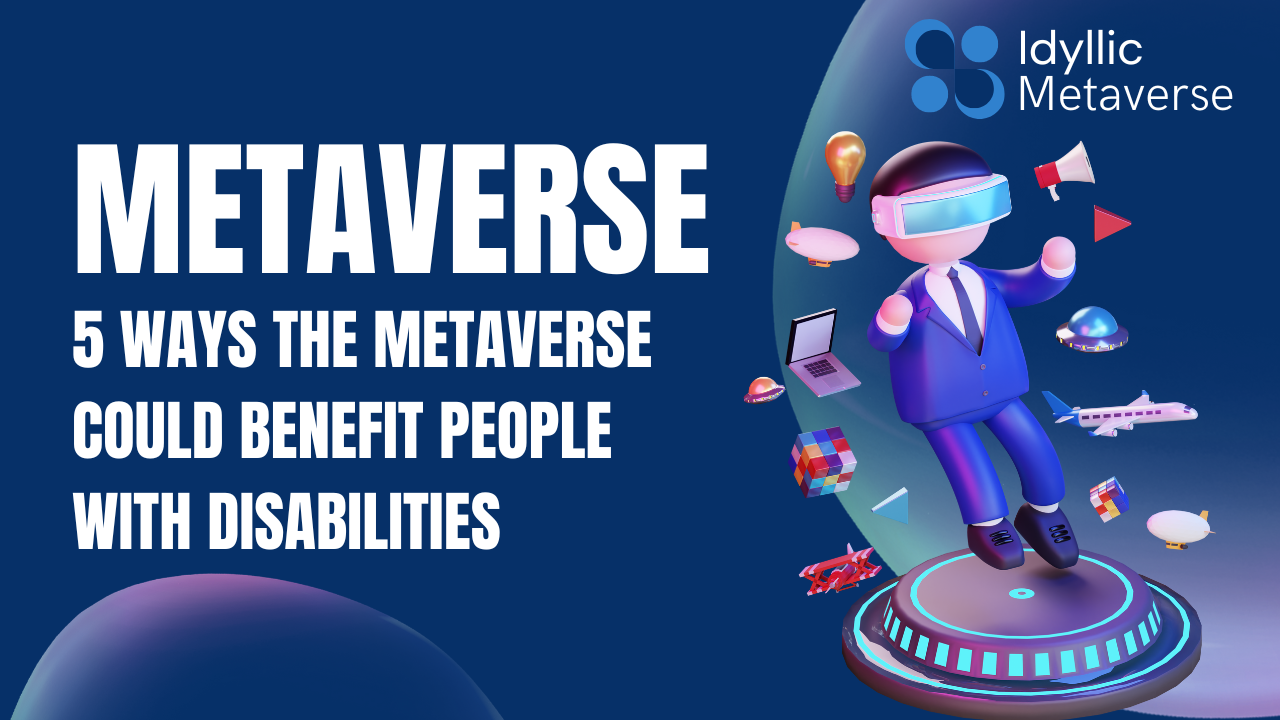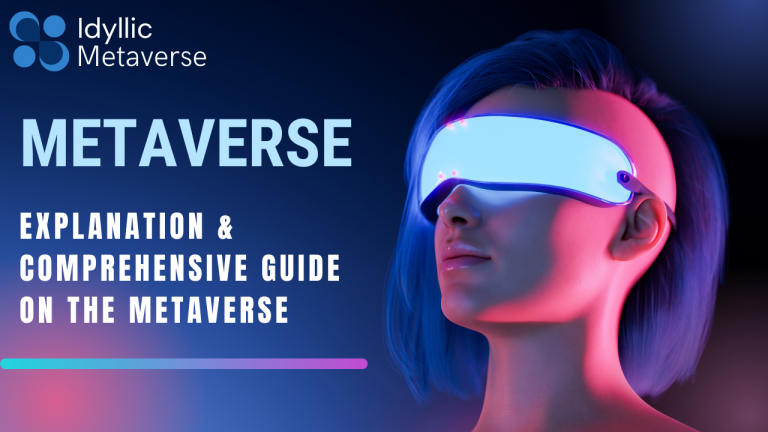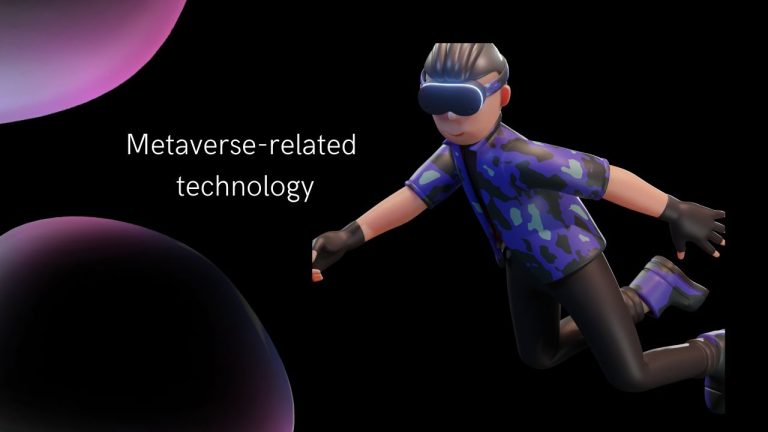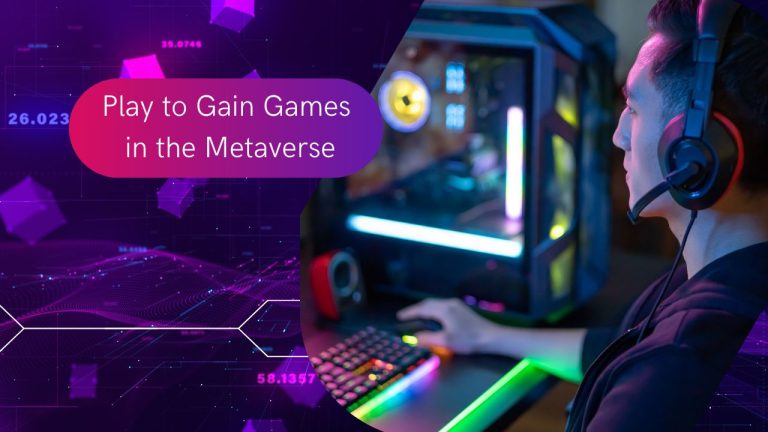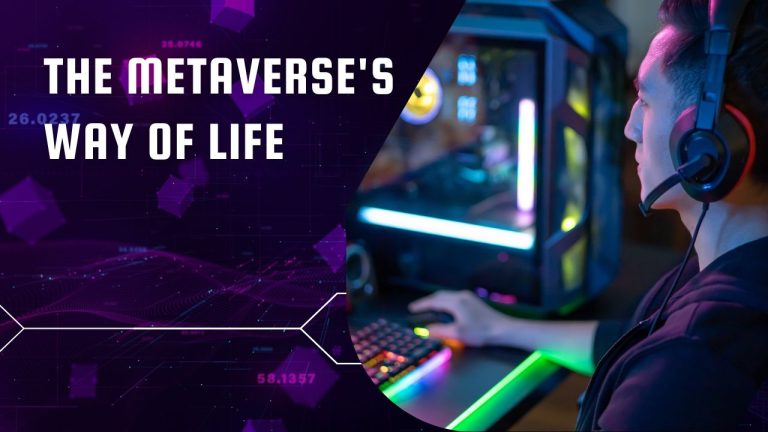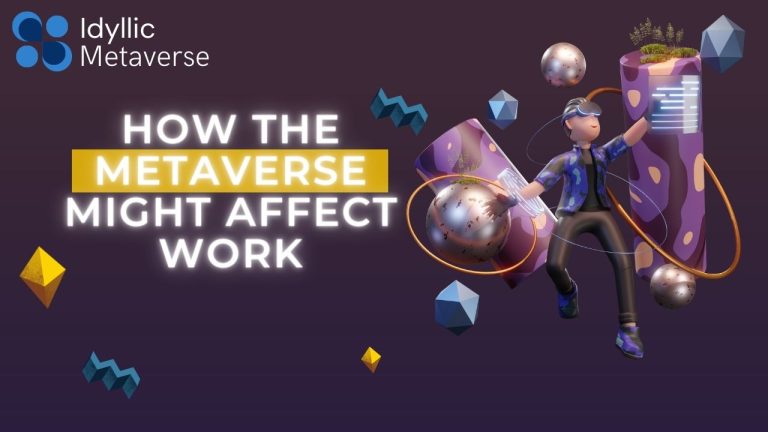5 ways the metaverse could benefit people with disabilities
People with disabilities may benefit from the metaverse:
The invention of the world wide web in 1989 resulted in life-changing tools for everyone who has access to it. Some of these tools, such as online banking, shopping, and communication, have greatly improved daily life accessibility for people with disabilities and the elderly.
The term “virtual mobility” has long been used to describe how the internet can provide a convenient alternative to activities that require physical mobility. During the pandemic, virtual mobility was in full swing, with work, entertainment, and socializing all moving online. The metaverse, which is powered by virtual and augmented reality (VR and AR), has the potential to take things even further.
In our new project Towards an Equitable Social VR, we will be investigating the potential of the metaverse to provide life-changing benefits to the disabled and the elderly, as well as to develop solutions to improve walkability and inclusivity, in collaboration with Meta, the Royal National Institute of Blind People, and other inclusive design-focused partners. Here are five areas where the metaverse could revolutionize virtual mobility.

- Social life:
- The advantages of traditional social media for disabled people have long been established. Social spaces in the metaverse, if well designed, will advance these benefits through social virtual reality, which mimics in-person interaction and allows people to interact freely without the barriers that exist in the physical world.
- Users in metaverse platforms such as Meta’s Horizon Worlds, for example, will be able to represent themselves using virtual avatars. The term “responsibility” describes the process of deciding if or not a person is responsible for the actions of another person.
- Others may self-represent through entirely fictitious avatars. The metaverse allows users to be as creative and free as they want to be in terms of how they want to be perceived, and it removes preconceptions that disabled and elderly people may face when interacting with others in person.
- Education:
- The metaverse has the potential to broaden and improve the variety and quality of disabled users, as well as late-life learning. Because of immersive technologies, higher education could be delivered engagingly without the need for physical attendance.
- This mode of delivery would remove some of the hurdles to quality education that many people face, such as the need to relocate away from home or travel to a physical campus. The metaverse can also be used for remote coaching, personal development, and skill training.
- Work:
- The pandemic has proved how quickly we can adapt to new ways of doing things. A sizable number of people forecast working in the metaverse in some capacity. A recent study by Microsoft observed that only 16% of the 31,102 survey respondents, across different eras, did not see themselves going to carry out at least a few of about there job tasks as “network” in the coming years
- The virtual world could provide access to the types of work that one’s disorder or age might make it difficult for them to access real objects. A growing group of creatives is preparing to create digital rooms that will exist only in the metaverse. Other areas with exciting metaverse-based job markets are digital fashion, real estate, and, of course, developing the Metaverse itself.
- Enjoyment and free time:
- Music was brought to the digital world in new ways as a result of the pandemic, with artists ranging from Travis Scott to Ariana Grande performing in virtual spaces.
- Gigs in the metaverse are just one form of entertainment; virtual halls, stage shows, and exhibition and gallery art shows are already taking place. Another area where the Metaverse can provide ways to explore through online spaces is tourism. Guests could also explore remote physical locations from the comfort of their homes through a virtual reality headset, making travel more simple and affordable.
- Healthcare and happiness:
- The metaverse has the potential to be a powerful platform in the medical world, useful in a variety of fields. Extensive reality (XR) simulation, for example, can be used for various types of medical education and training, such as emergency response and mental health. VR and AR can also improve radiology imaging and aid in diagnostics, treatment planning, and medical research.
- Telemedicine is another area of medicine where the metaverse has potential. VR can be used to facilitate remote consultation, particularly in areas where medical personnel are not readily available, such as in many rural areas.
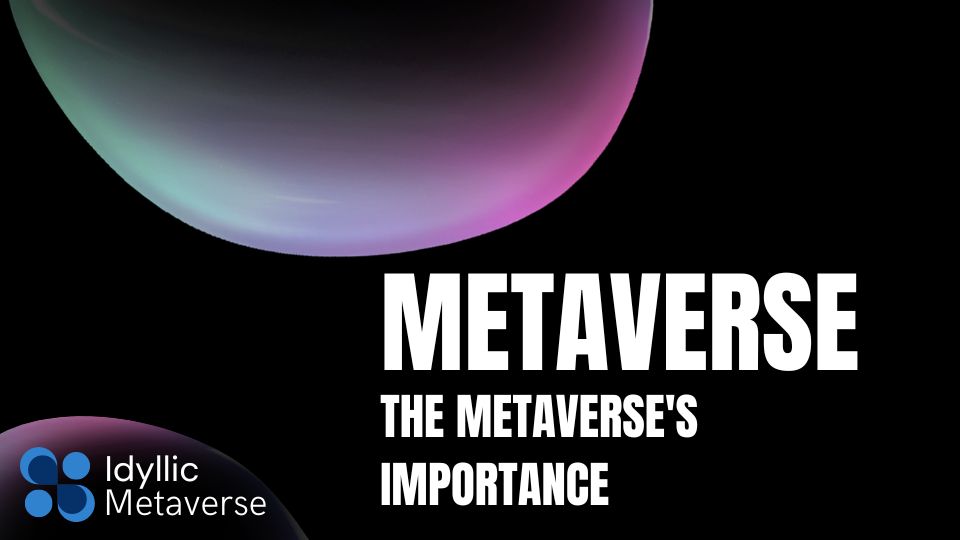
FAQS:
Why is it important for the metaverse to be accessible?
Metaverse spaces can better serve deaf, blind, and visually impaired users by implementing a captioning system and accommodating screen readers. However, it is unclear how these features could be developed successfully in that world.
Can we feel things in the metaverse?
As a result, you can feel touch in the Virtual world.
Simply: It is important to note that the metaverse is not intended to replace physical life and experiences, but rather to provide new ones. However, for its potential to come to fruition, the metaverse must be built to be accessible, inclusive, and equitable across the range of skill and age.

